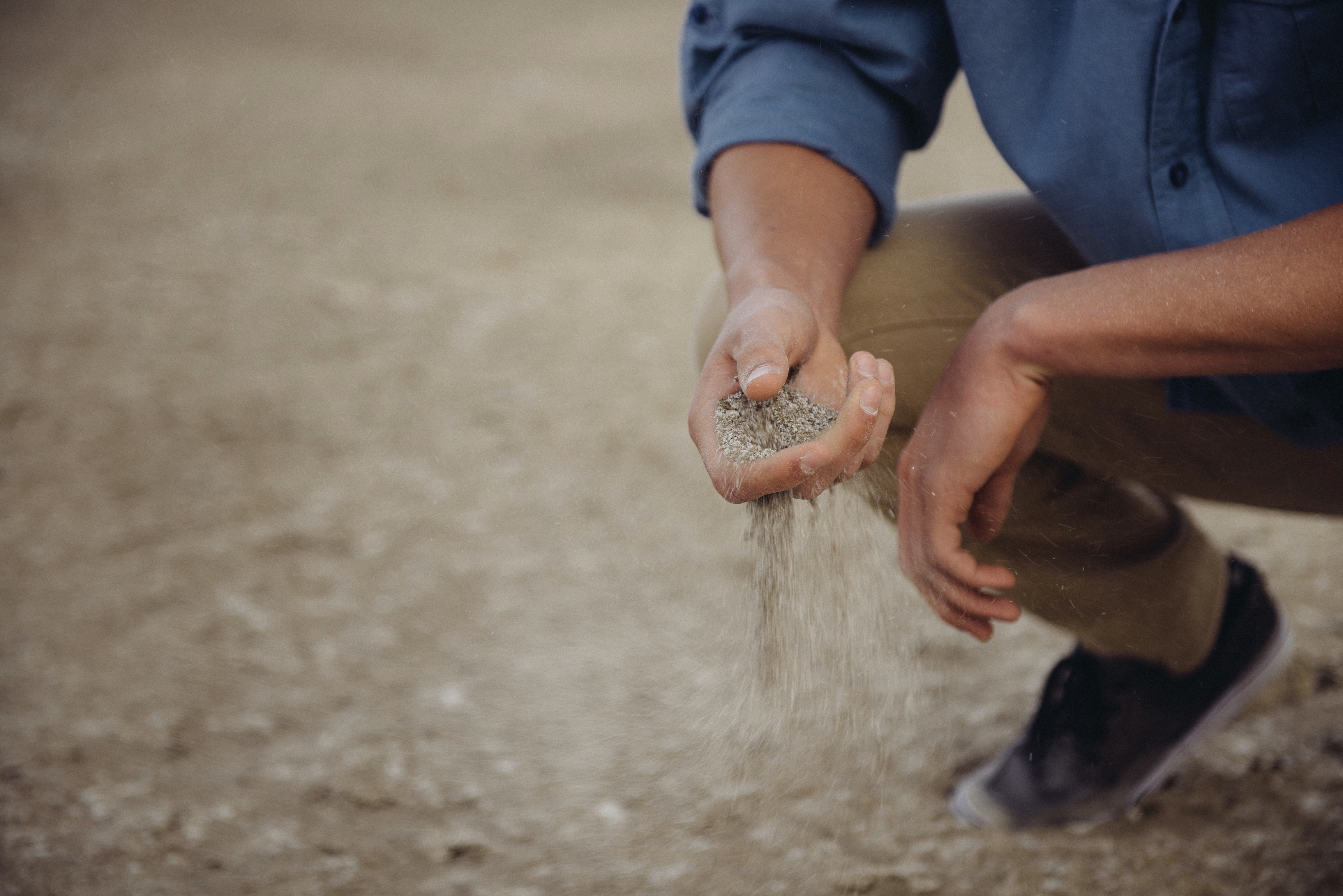Soil impacts climate change in numerous ways. The 2015 International Year of Soils, in conjunction with the Sustainable Development Goals, has brought into focus the significance of soils as a nonrenewable, life sustaining resource. As major contributors to carbon sequestration, ecosystems services, and food production, healthy soils are critical to climate change mitigation and resilience. Yet, unsustainable land use and management practices coupled with climate change have grossly overburdened and steadily degraded the world’s soils, thus, rendering humans and wildlife ever more vulnerable to climate change impacts.
Healthy soils represent the Earth’s greatest store of terrestrial carbon, and as such a powerful means of climate change mitigation. Yet, as soils are degraded, stored carbon is released into the atmosphere as carbon dioxide, thus contributing to climate change. The devastating implications of soil degradation are further intensified as climate change resilient agriculture and ecosystems rely on healthy soils. With one third of the Earth’s soils already moderately to severely degraded, conservation and renewal measures are urgently required to stem the tide.
Already stressed by rapid climate change and insufficient resources, the agricultural sector of many developing countries is exceptionally susceptible to the negative impacts of soil degradation. If current agricultural production methods continue, some African countries could experience a 50% decline in yields. Especially in light of widespread reliance on smallholder farms and rain fed agriculture, building climate change resilience through healthy soils is absolutely essential to ensuring sustainable livelihoods and food security. Sustainable methods like organic farming, agroforesty, agro-ecology, and conservation agriculture in conjunction with extension services and incentives for smallholder farmers could help ensure healthy, functioning soils are maintained.
Healthy soils are foundational to life and key to addressing climate change. They harbor one quarter of the Earth’s biodiversity and are responsible for 95% of food production. To secure the life supporting benefits of healthy soil, it is imperative that land is used and managed sustainably.












Navigation
Make a Donation
San Francisco, CA 94104